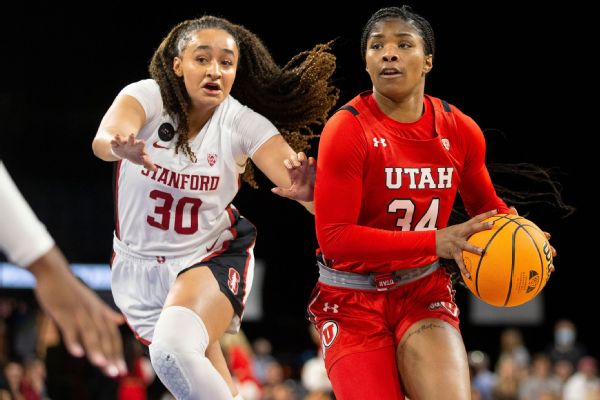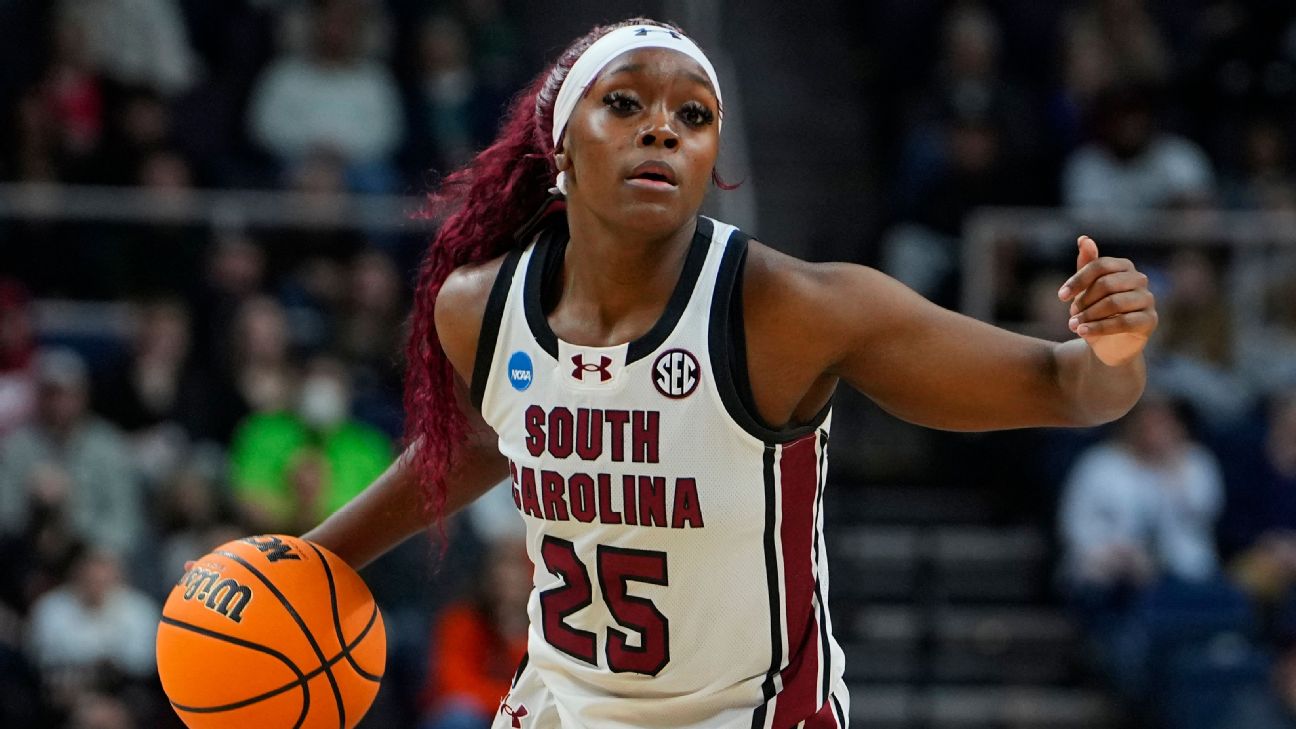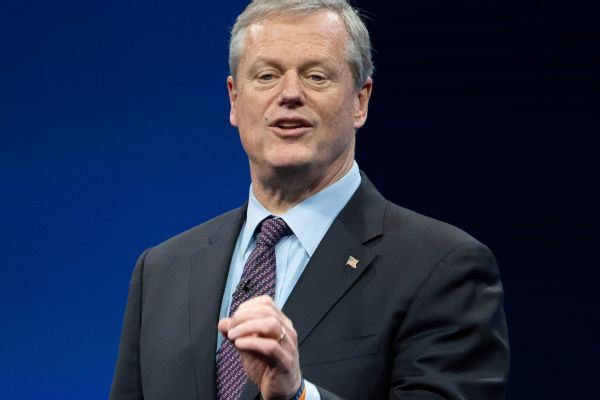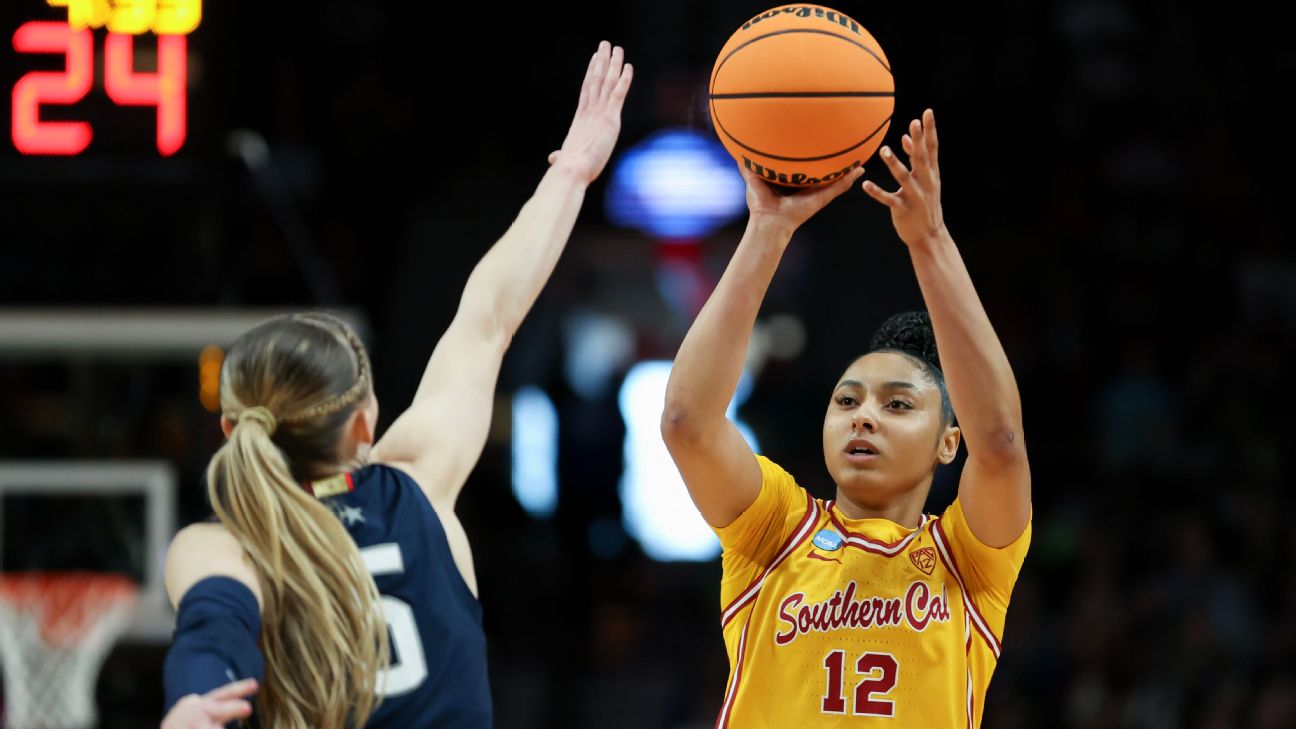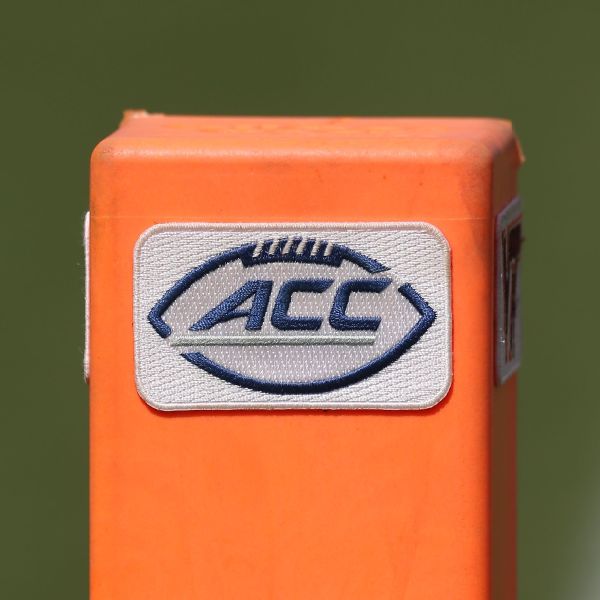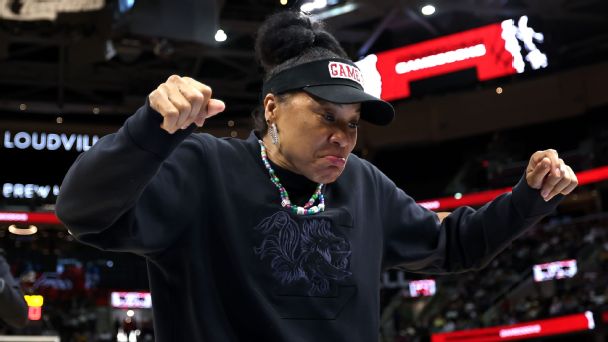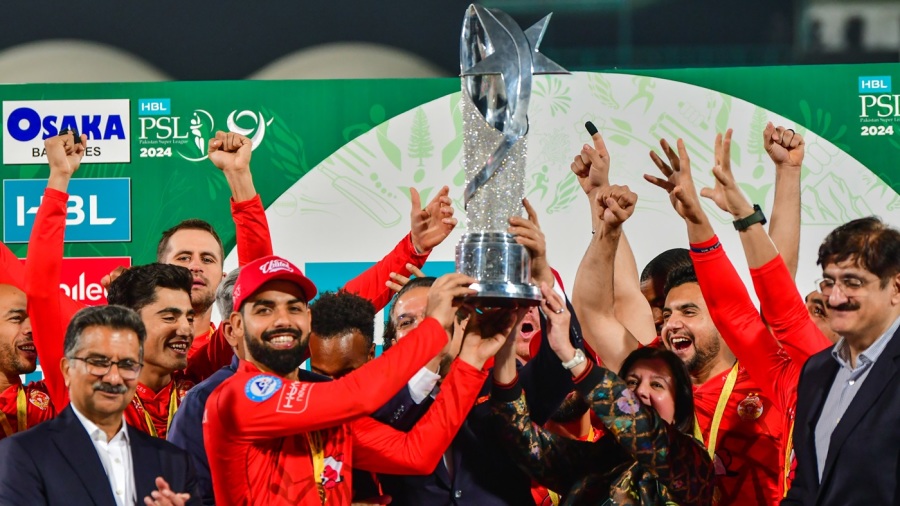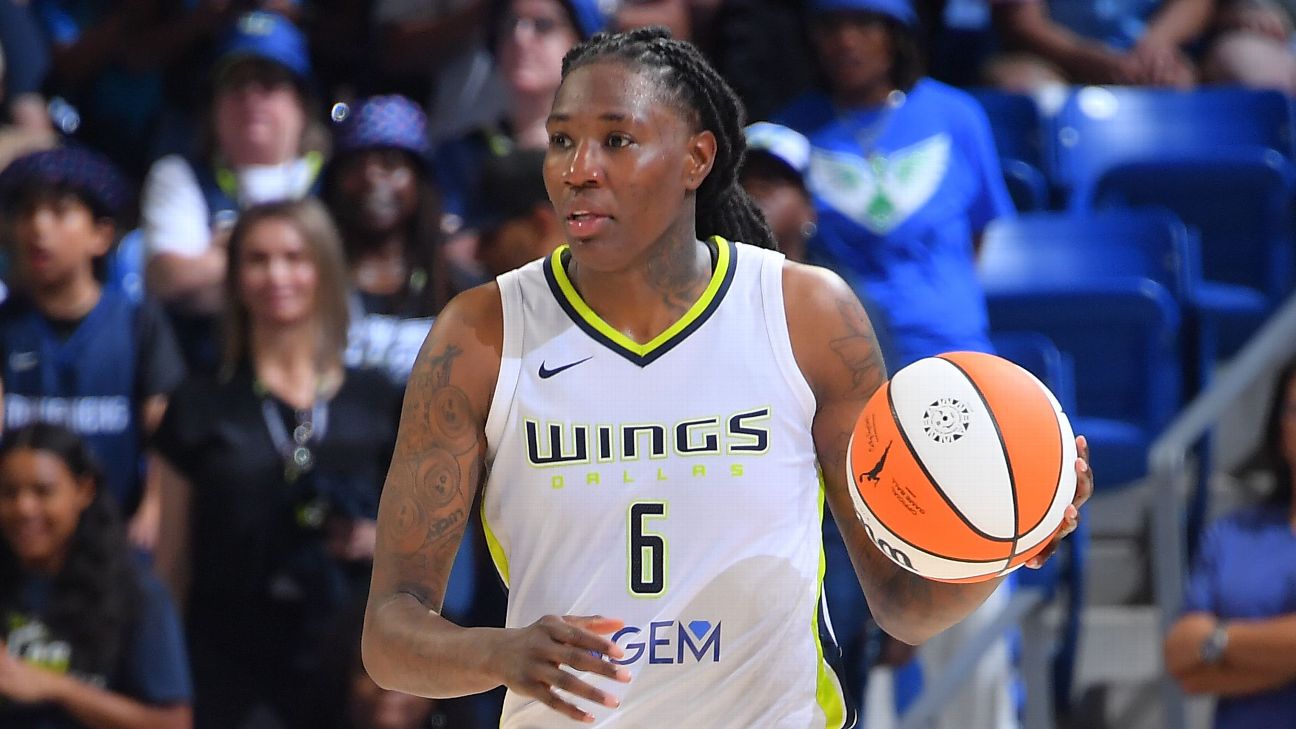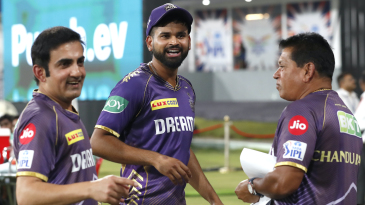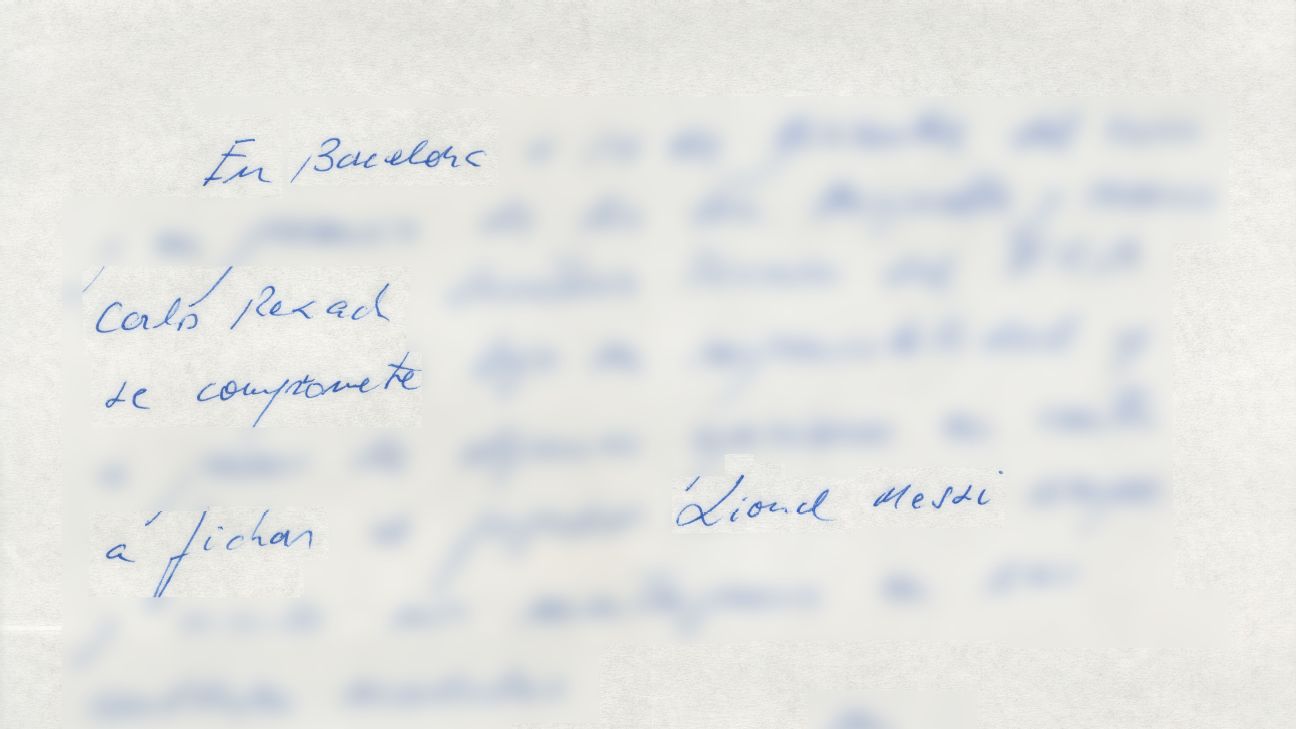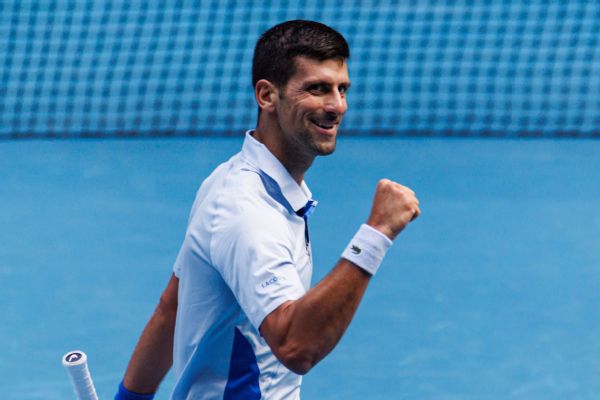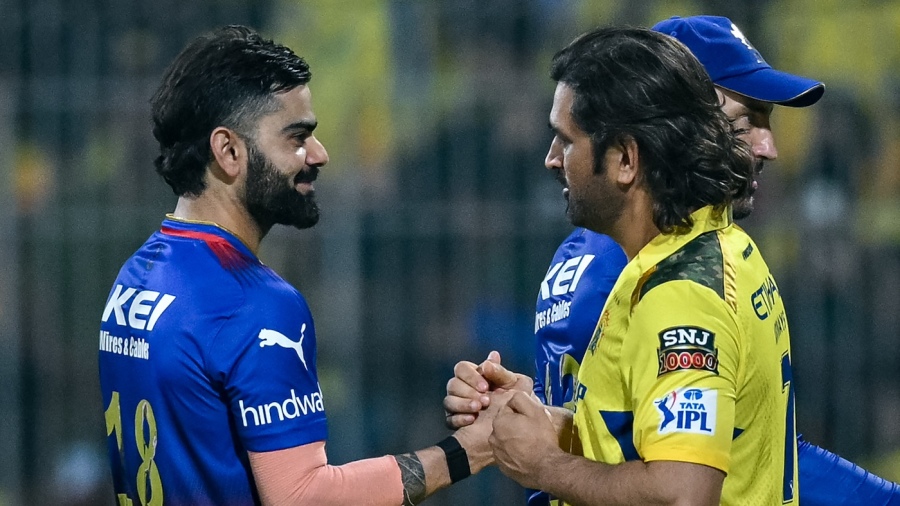![Thunder [608x342]](https://a.espncdn.com/photo/2024/0502/r1327655_608x342_16-9.jpg)
Stanley Cup Playoffs Central Bracket schedule game previews for the NHL s postseason
When the Oklahoma City Thunder completed a sweep of the New Orleans Pelicans in April, they became the youngest NBA team ever to win a playoff series, according to ESPN Stats & Information.
With Oklahoma City's most experienced player -- midseason addition Gordon Hayward -- held scoreless in the first round, the Thunder managed to win four playoff games by an average of 15.8 PPG with just one basket from a player older than age 25 (fringe reserve Kenrich Williams).
In a league where top contenders that went all-in on expensive rosters are crashing out of the playoffs early, a scary future awaits the rest of the league as the Thunder still have up to seven first-round picks coming from other teams between now and 2030 -- plus a variety of options to swap their first-round picks for more favorable ones.
As a result, Oklahoma City's window for championship contention looks as wide open as any team in recent NBA history. Let's look back at the surprisingly uneven history of teams in a similar situation as the current Thunder, and how Oklahoma City is poised to avoid their missteps.
What sets the Thunder apartLast month, as part of a feature on the Washington Wizards' rebuild by ESPN's Dotun Akintoye, we learned what new Wizards president Michael Winger believes to be an NBA truism: You cannot have youth, flexibility and stars at the same time.
Consider Oklahoma City -- where Winger worked as assistant GM and team counsel under Thunder GM Sam Presti from 2010 through 2017-- the exception that proves the rule. The Thunder are led by one of the NBA's very best players in MVP candidate Shai Gilgeous-Alexander, and they also boast rising stars Chet Holmgren and Jalen Williams, who finished fourth in Most Improved Player voting.
We already know that Oklahoma City's youth, combination of incoming draft picks and the up to $30 million or so in cap space this summer give the Thunder enviable flexibility, but it's especially evident when comparing it to other teams' outlooks.
Oklahoma City's unique combination can be quantified using ESPN's future power rankings, which rate teams on a variety of dimensions that are predictive of success. Coming off a loss in the play-in tournament last year, Oklahoma City ranked third in the most recent future power rankings back in October, with top-10 finishes in players (seventh), financial flexibility (sixth) and upcoming draft picks (first).
In the 15 years we've been doing future power rankings, only one other team has finished seventh or better in all three categories: the 2016 Utah Jazz, who held extra first-round picks from the Thunder (via the Enes Kanter Freedom trade) and Golden State Warriors to add to a young core headlined by Hayward and Rudy Gobert. Utah was never as elite in any single category as Oklahoma City, however, and ranked outside the top five overall.
As a result, it's fair to say the Thunder's combination of young talent and ability to add to their core is unprecedented in modern NBA history.
Past runs haven't translated into titlesWhen Oklahoma City became the youngest team to win a playoff series in NBA history, it broke a record set by the 2011 incarnation of the Thunder, which reached the Western Conference finals. Those two Oklahoma City rosters are among five teams since the NBA-ABA merger to win a playoff series with a weighted average age of younger than 25, along with the 2022 Memphis Grizzlies, the 1978 Milwaukee Bucks and the 1977 Portland Trail Blazers.
To date, those predecessors have been more star-crossed than star-studded. The 1977 Blazers did win a championship that season, but hopes of a dynasty -- fueled by a 50-10 start the following year -- were dashed when MVP Bill Walton suffered a broken bone in his left foot. Walton returned for the playoffs but fractured his navicular bone and never played for Portland again following a dispute over his treatment. It would be five years and a complete turnover of the roster before the Blazers won another playoff series.
A year later, in Don Nelson's first full year as head coach, the Bucks lost in Game 7 of the conference semifinals with no player older than 27 seeing more than 18 minutes of action in the playoffs. Milwaukee slipped out of the playoffs the following year before adding Hall of Famer Sidney Moncrief to the group, which won as many as 60 games but could never win an Eastern Conference dominated by the Boston Celtics and Philadelphia 76ers during the 1980s.
The Grizzlies' story is still being written, albeit with less optimism after a first-round exit a year ago and a season marred by the suspension of star guard Ja Morant and more injuries than any other team in the NBA.
The last young Oklahoma City core is perhaps the best comparison for this version of the Thunder. After all, the Thunder don't just boast the two youngest teams ever to win a playoff series but also to make it since the merger period. The previous Oklahoma City group led by future MVPs Kevin Durant, James Harden and Russell Westbrook was even younger when they lost in the 2010 opening round to the two-time defending champion Los Angeles Lakers.
When the Thunder reached the conference finals in 2011 with the team's four leading scorers -- Durant, Harden, Westbrook and Serge Ibaka -- all 22 or younger, a future title seemed more likely than not. When Oklahoma City hosted the NBA Finals a year later, it seemed inevitable. The Thunder's loss to the Miami Heat in the Finals was Harden's last game in Oklahoma City, however, and the Durant-Westbrook core never reached the Finals again before Durant's departure for the Golden State Warriors in free agency.
This time around, the Thunder are better positioned to continue adding around their stars rather than losing them.
Picks keep comingThe core of the last great Oklahoma City team was built over the course of Presti's first three drafts as general manager, starting before the franchise's move from Seattle. From 2007 through 2009, Presti made seven first-round picks, including four in the top five of the draft, yielding the Thunder's four best players plus Jeff Green -- later dealt to the Boston Celtics for starting center Kendrick Perkins.
By the time they reached the 2011 conference finals, the well of future first-rounders had run dry. Oklahoma City was stuck picking in the 20s for the foreseeable future, and although such picks have value -- the Thunder drafted key players Reggie Jackson with the 24th pick and Andre Roberson at No. 26 -- they weren't likely to provide additional difference-makers.
It was only by trading Harden for a package of two future first-round picks plus recent No. 12 pick Jeremy Lamb that Oklahoma City got back into the lottery. And while one of those picks became starting center Steven Adams, the Thunder were never able to replace Harden. By Durant's final season in Oklahoma City, Oklahoma City was actually out two future first-round picks from deals for Freedom and Dion Waiters.
By virtue of starting this rebuild in a more favorable position, the Thunder have the ability to keep adding through the draft without sacrificing a key player. Although Oklahoma City's highest draft picks have been the team's own, including Holmgren (No. 2 overall in 2022), Jalen Williams was drafted with a pick the Thunder got along with Gilgeous-Alexander in the Paul George trade with the LA Clippers in 2019. They're set to have a pair of lottery picks this year unless the Houston Rockets move into the top four and retain their pick.
Oklahoma City has become increasingly aggressive and creative in the past year by turning late first-round picks into ones with more upside in the future. The Thunder traded what became the No. 29 pick in this year's draft to the Denver Nuggets last June in exchange for a lightly protected first-round pick in 2029 or 2030, then twice this season traded outright first-round picks for the right to swap their own pick with the Clippers in 2027 and the Dallas Mavericks in 2028. Presti's vision is clear: Oklahoma City is going to be contending for the rest of the decade, meaning odds are any swap will move the Thunder up in the first round, with the chance to bring back a franchise-altering draft pick.
Since Gilgeous-Alexander is set to become eligible for a supermax extension by making All-NBA again this season -- all but a lock -- and Holmgren and Williams are due for rookie extensions that will boost their salaries starting in 2026-27, Oklahoma City will need a steady source of cheap contributions on rookie contracts. The Thunder's stockpile of draft picks makes that not only realistic, but likely.
Sunday's win also gave Oklahoma City its first series win since 2016, when the Thunder lost to the Golden State Warriors in a seven-game conference finals after taking a 3-1 lead. Odds are there will be many more to come over the next several years.


